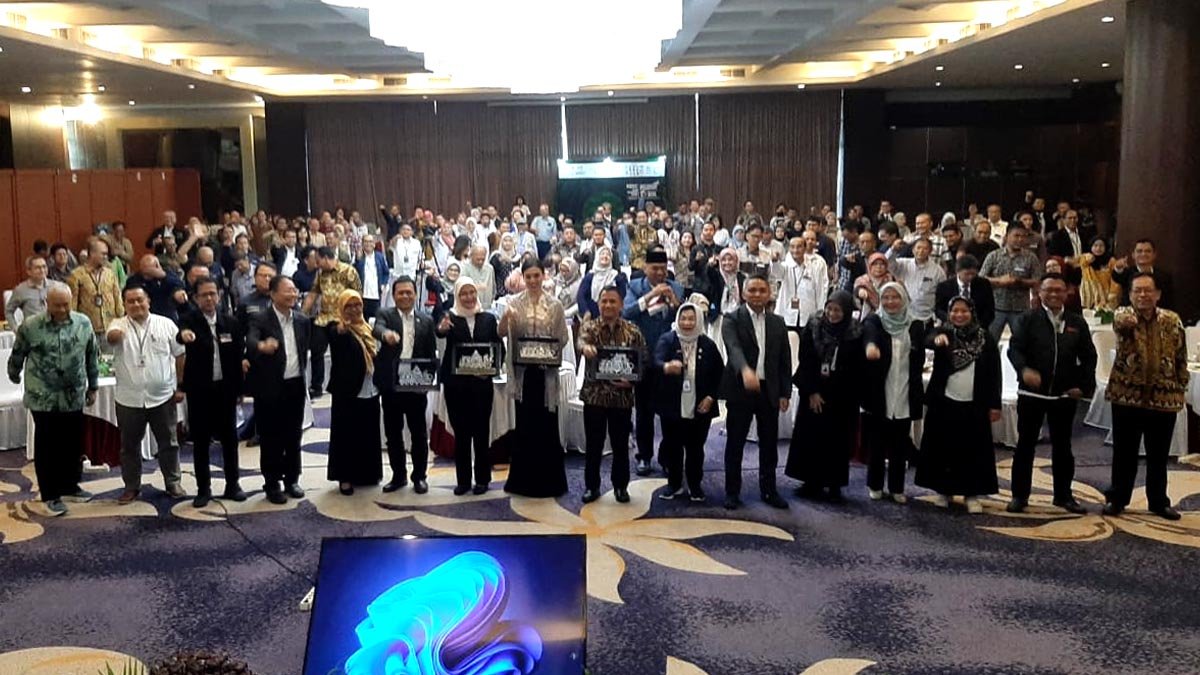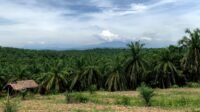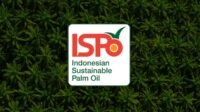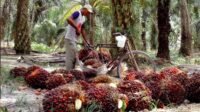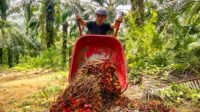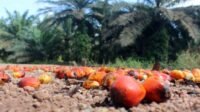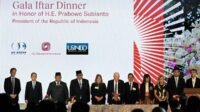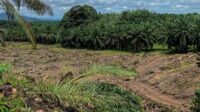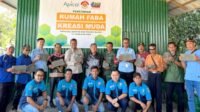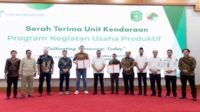PALMOILMAGAZINE, JAKARTA – The Indonesia Palm Oil Research & Innovation Conference & Expo (IPORICE) 2025 once again served as a platform for strategic multi-stakeholder collaboration. The event was organized by the National Research and Innovation Agency (BRIN) in partnership with the Indonesian Plantation Entrepreneurs Association (GPPI) on Thursday–Friday, October 1–3, 2025.
The program opened with a two-day conference and exhibition (October 1–2) and concluded with a field visit and practical session on October 3 at the Assembly and Testing Center for Industrial and Refreshment Crops (BRMP TRI) of the Ministry of Agriculture in Sukabumi, West Java.
Carrying the theme “Strengthening Synergy in the Palm Oil Sector to Support Energy Security through Technological Innovation,” the 2nd IPORICE featured a series of conferences, exhibitions, and field activities. According to GPPI Chairwoman Delima Hasri Azahari, the event is aligned with BRIN’s sustainability vision.
Also Read:
“This year’s IPORICE reflects BRIN’s vision of Science to Science, Science to Policy, and Science to Society, which is strongly connected to the principles of sustainability,” Delima stated during the opening session attended by Palmoilmagazine.com on Wednesday (Oct 1).
She further emphasized that the vision is built upon the principles of profit, people, and planet, which also underpin GPPI’s mission of positioning the national plantation industry as a sustainable pillar of economic development for public welfare.
Agus Eko Nugroho, Head of BRIN’s Research Organization for Governance, Economy, and Community Welfare, highlighted the significance of the event as a cross-sector collaboration platform to maximize palm oil’s potential as a renewable energy source.
“Through this forum, we can explore ways to synergize stakeholders from the palm oil and energy sectors to support national energy security,” Agus explained.
He noted that the discussions particularly address the acceleration of biodiesel and bioavtur development, such as B40 and B50, while strengthening downstream palm oil industries to bolster energy resilience. Beyond energy, he expressed hope that the palm oil sector will continue to raise incomes for farmers, traders, and other economic actors, thereby enhancing community welfare.
Meanwhile, Umi Mu’awanah, Head of BRIN’s Research Center for Industrial, Services, and Trade Economics, underlined that the 2nd IPORICE represents a “triple helix” collaboration for advancing Indonesia’s vision for 2045.
“IPORICE is our annual palm oil forum connecting academia, industry, and government to tackle strategic challenges across the supply chain, with science and innovation as key drivers,” Umi explained.
Also Read: BPDP, Ditjenbun, and IPB Training Launch Palm Oil Cultivation Program in Wajo
She added that stronger synergy among industry, policy, and technology will accelerate the energy transition and ensure Indonesia’s competitiveness in the global market.
As one of the world’s leading palm oil producers, Indonesia’s role has far-reaching implications not only for economic and social aspects across nations but also for the global environment.
The event received support from the Plantation Fund Management Agency (BPDP), Pupuk Indonesia Holding Company, Perkebunan Nusantara (PTPN), the Council of Palm Oil Producing Countries (CPOPC), Pertamina, and Triputra Agro Persada. (P3)

